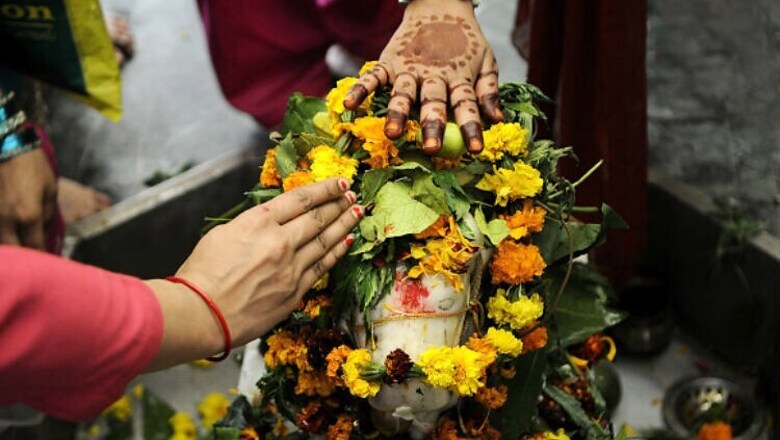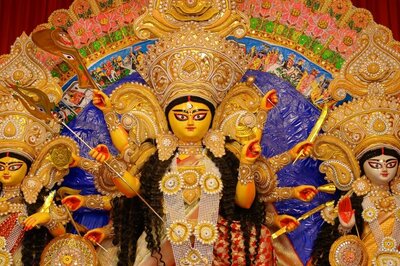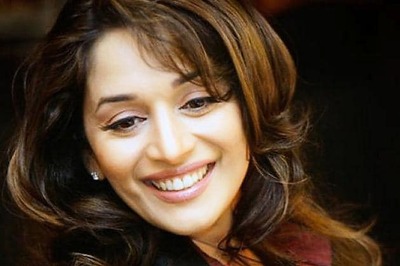
views
Madurai: The Madras High court on Monday stayed a controversial order of a single judge, imposing a dress code for devotees visiting temples across Tamil Nadu, on a batch of petitions challenging the order on the ground that it was "discriminatory".
Justices V Ramasubramanian and N Kirubakaran stayed the order on an appeal by Hindu Religious and Charitable Endowments Department and posted the case to January 18 for further hearing. The petitioner submitted that maintenance of order and decorum in a particular temple was within the powers of the temple administration and dress code differed from temple to temple, based on such custom and practise prevailing there.
There was no direction to follow uniform dress code in all the temples, the petitioner said. It said the judge who impleaded the HR&CE department secretary suo motu, ought to have given notice to the appellant and heard the state's view on the issue involved.
Besides, the Tamil Nadu Temple Entry authorisation Act 1947 and rules are already governing the field,and there was no need to issue separate directions,the petitioner submitted. The HR& CE department said temples are governed by their own traditions, customs and practises. For instance, in Tiruchendur temple, male devotees should not wear upper cloth inside the temple. There are famous temples Like Sri Meenakshi temple, visited by foreigners and North Indians. They could not be compelled to wear a particular form of dress as prescribed by the judge.
The suggestion to prescribe fully covered dress for children was also not feasible, it said. The dress code would have far-reaching consequences and involved public policy and depended on various factors like sentiments of the people, customs and practises, it said. Dress code for Hindu public religious institutions alone was unacceptable when there was no prescribed dress code for other religious institutions, the petitioner argued.
The Temple Entry Authorisation Act had made it clear that no executive authority of a temple was entitled to introduce innovations concerning time, place and mode of worship in a temple which might prejudicially affect the rights and facilities which the worshippers generally exercised.
Two other petitioners, including Sarika of Southern Districts Women's Federation, claimed the code was against an individual's right to wear a dress of his/her choice. Alleging that the single judge's order was "highly discriminatory," the appellant claimed that the restrictions imposed were against the fundamental rights, particularly of women and children.
Disposing of a petition seeking permission for cultural programmes in view of a temple festival in Tiruchirapalli district, Justice S Vaidyanathan had on November 26 ordered that from Jan 1 onwards, men should wear 'dhoti or pyjama with upper cloth or formal pants and shirts and women 'sari or half sari with blouse or churidhar with upper cloth' to temples. The judge had also ordered that children could go in 'any fully-covered dress.'




















Comments
0 comment